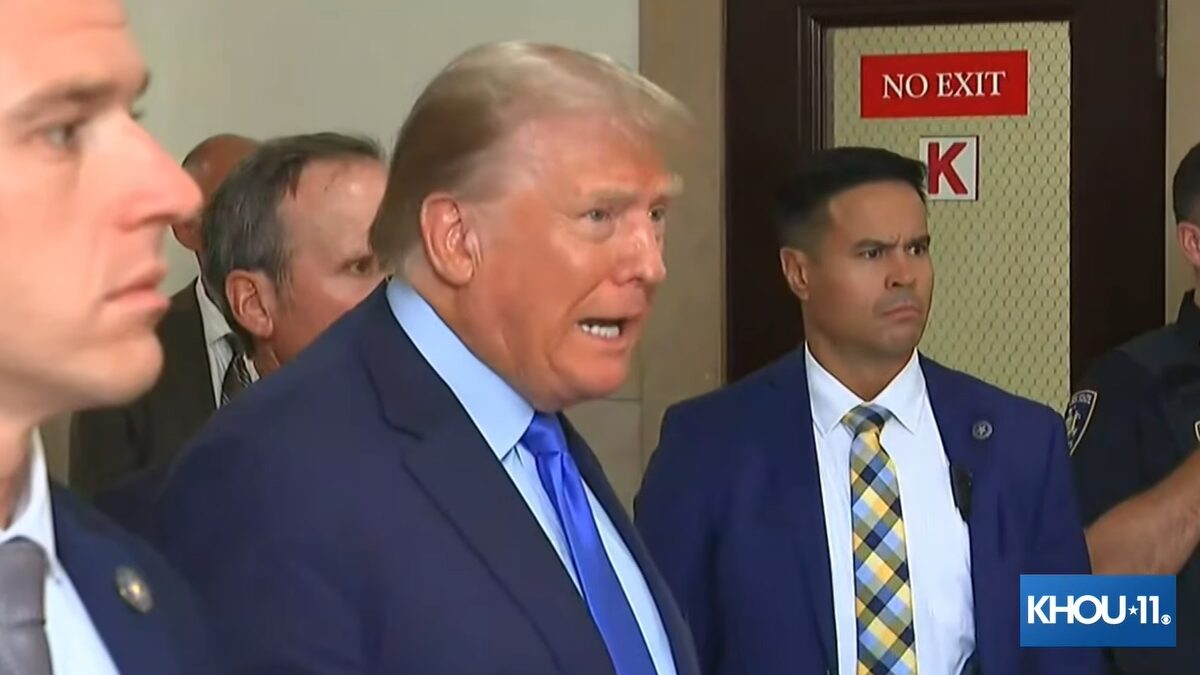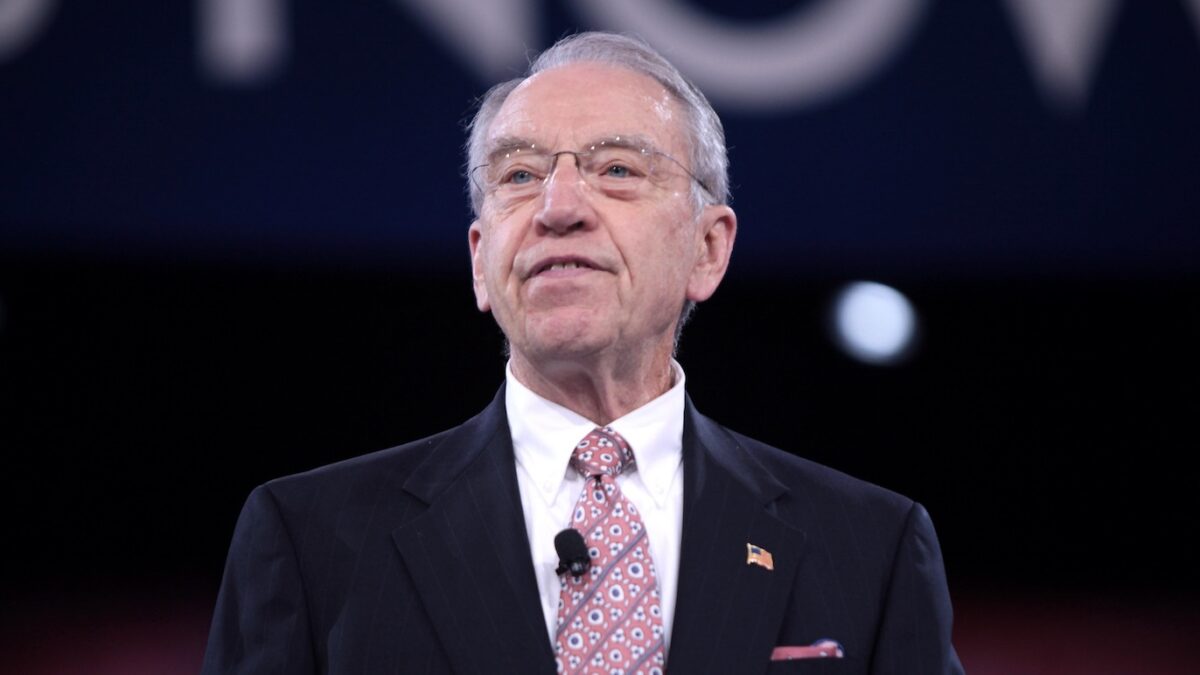
Special Counsel Jack Smith hunted information on X users who liked or retweeted posts published by former President Donald Trump, according to redacted search warrants and other documents released Monday.
According to the heavily redacted document issued to then-Twitter in January, the court ordered the social media giant to forfeit a bevy of information regarding Trump’s account, including “advertising information, including advertising IDs, ad activity, and ad topic preferences,” as well as IP addresses “used to create, login, and use the account” and privacy and account settings.
The warrant also demanded information such as Trump’s search history, direct messages, and “content of all tweets created, drafted, favorited/liked, or retweeted” by his account from October 2020 to January 2021.
Though the warrant was first covered in August, it was again released as part of a court order after numerous media organizations filed to obtain the document to shed light on the Smith-led special counsel’s “investigation into Trump’s actions leading up to the Jan. 6, 2021, riot at the US Capitol,” according to the New York Post. Smith previously indicted Trump in August on several bogus charges related to the former president’s challenging of the 2020 election results in the lead-up to Jan. 6, 2021.
But it wasn’t just Trump’s Twitter account that Smith and his cronies were targeting. The special counsel’s warrant also sought data on Twitter users who interacted with the former president’s account. Among the information Smith sought was a list of every user Trump “followed, unfollowed, muted, unmuted, blocked, or unblocked” during the aforementioned timeframe. Smith similarly demanded that Twitter, which has since rebranded as X, fork over a list of users who took any of the same actions with Trump’s account.
Smith and his team went even further, seeking to acquire data on Twitter users who engaged with Trump’s tweets in the months leading up to Jan. 6, 2021. This included “all lists of Twitter users who have favorited or retweeted tweets posted by [Trump], as well as all tweets that include the username associated with [Trump’s account] (i.e. ‘mentions’ or ‘replies’).”
According to the Post, Smith’s warrant was issued to then-Twitter “along with a nondisclosure order, instructing the company not to notify Trump about the search.” Twitter initially bucked Smith’s demand, arguing that to forfeit such information to the government constituted a violation of the First Amendment. The social media giant ultimately complied with the warrant but was fined $350,000 for failing to meet the special counsel’s demands by deadline.
In the heavily redacted court filing opposing Twitter’s legal attempts to notify Trump of the search, Smith baselessly claimed that telling the former president about the unprecedented seizure “would result in a statutorily cognizable harm,” as Trump is “a sophisticated actor with an expansive platform.”
“The [Non-Disclosure Order] was granted based on facts showing that notifying the former president would result in destruction of or tampering with evidence, intimidation of potential witnesses, or other serious jeopardy to an investigation or delaying of trial,” said the U.S. District Court for the District of Columbia. Nearly every other word listed under “The Non-Disclosure Order” section of the filing is redacted.
Smith’s seizure of Trump’s personal social media information and those who engaged with the then-president’s posts isn’t all that surprising given the special counsel’s weaponization of the government against Trump thus far. In addition to indicting Trump, Smith filed a motion in September to institute a gag order on the 45th president, effectively stifling his First Amendment right to criticize the very government attempting to silence him. That gag order was ultimately approved by D.C. District Judge Tanya Chutkan, a left-wing Obama appointee with a track record of highly partisan court rulings.
Trump’s legal team has since appealed the order to the D.C. Circuit Court of Appeals and has threatened to take the matter to the U.S. Supreme Court given the “unconstitutional” nature of the mandate.









